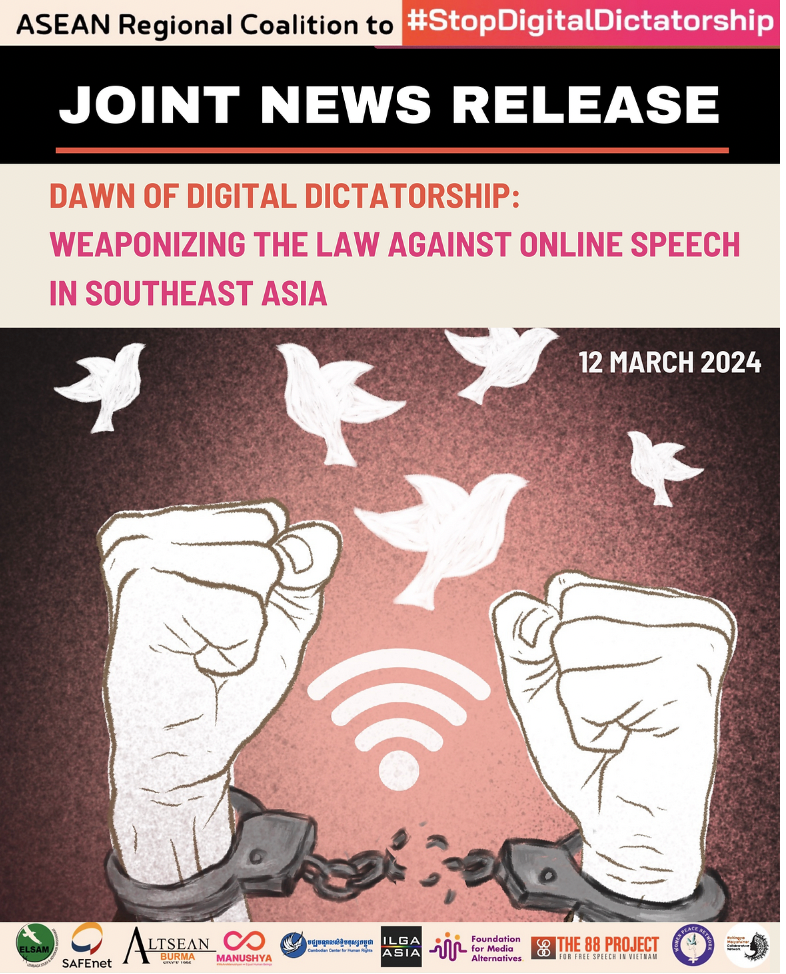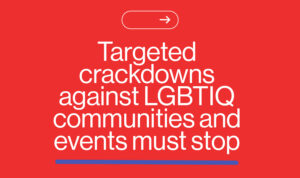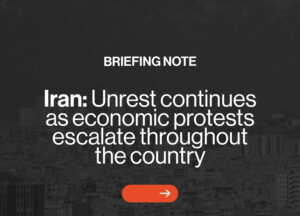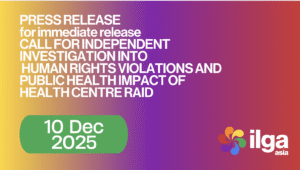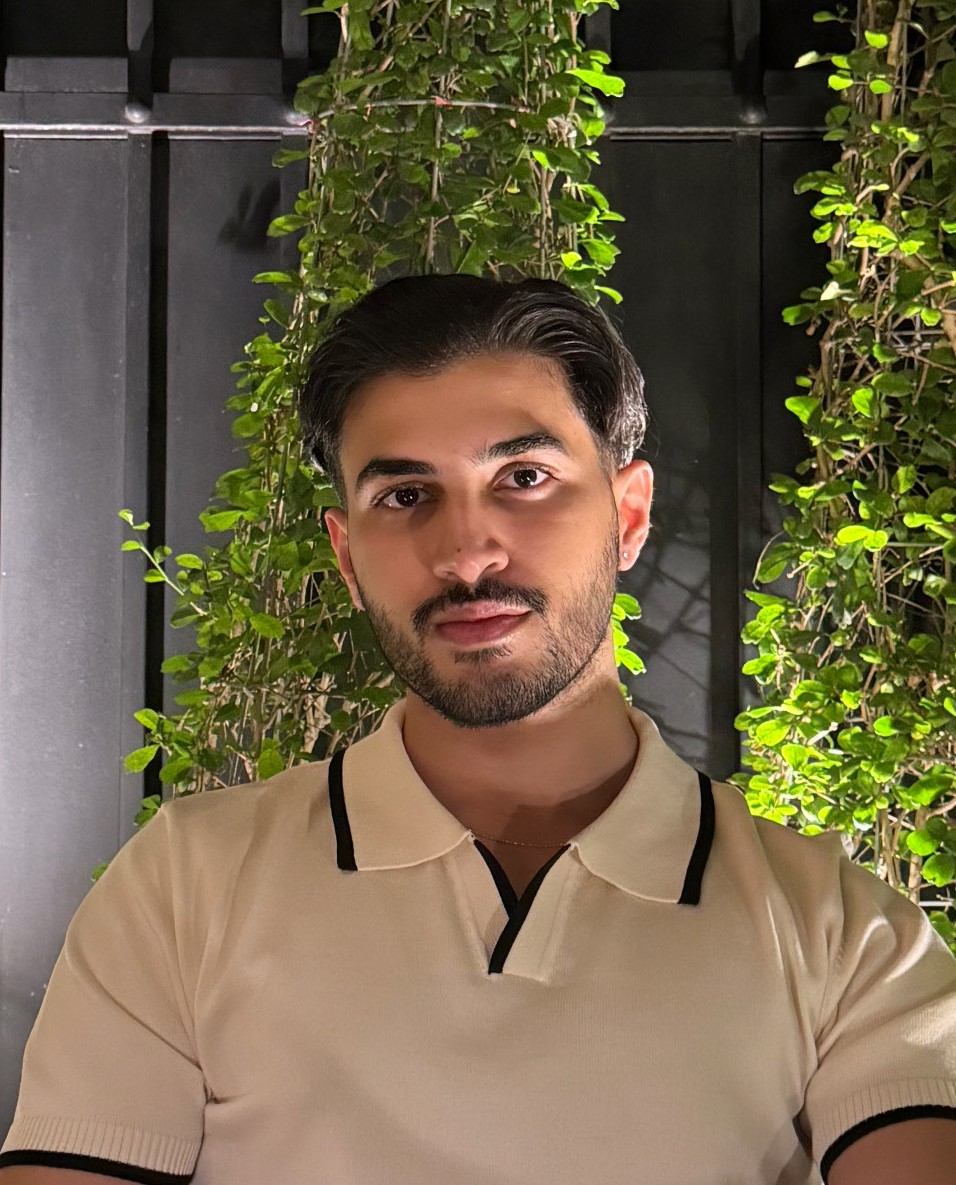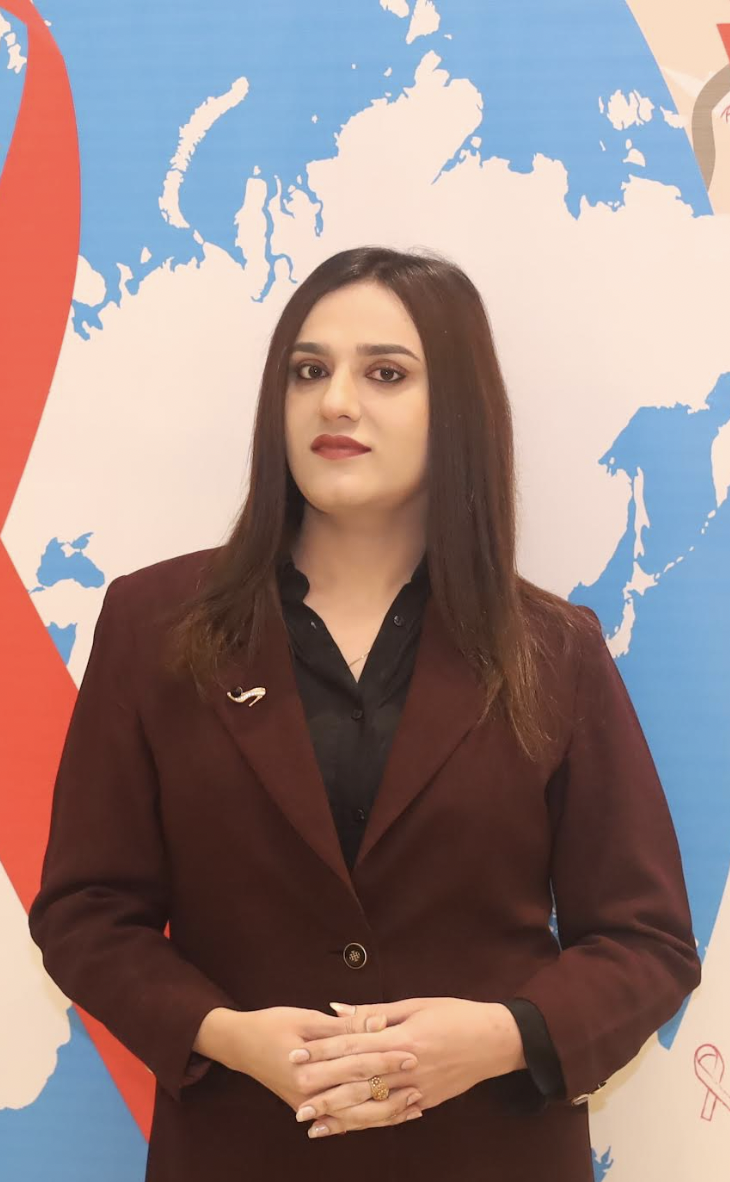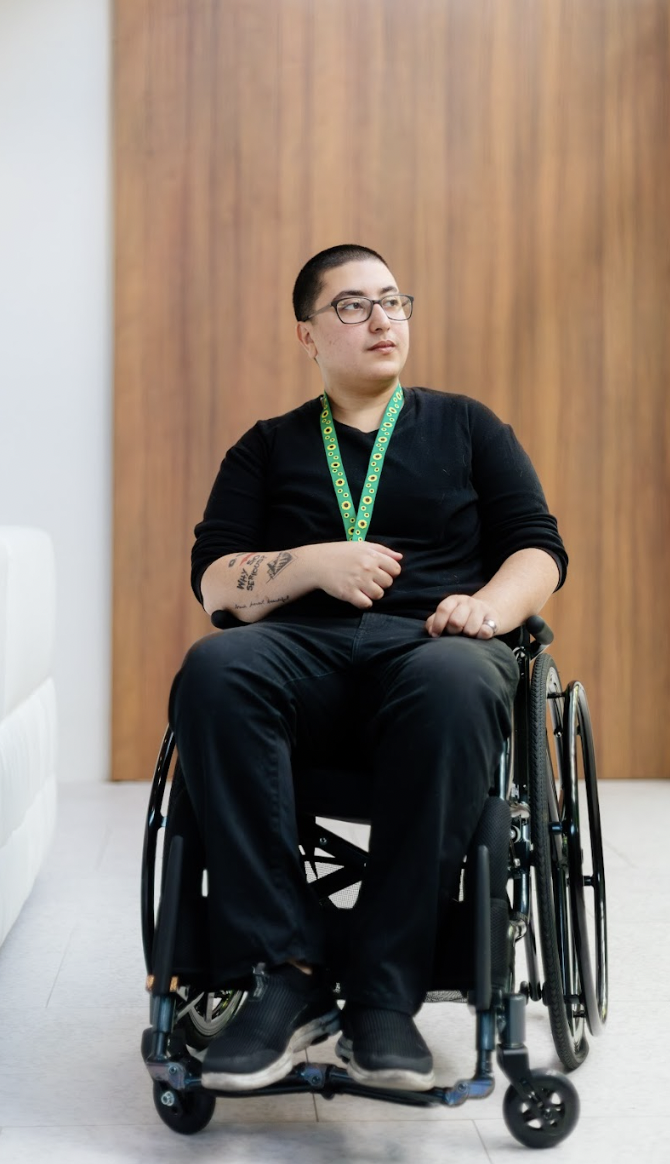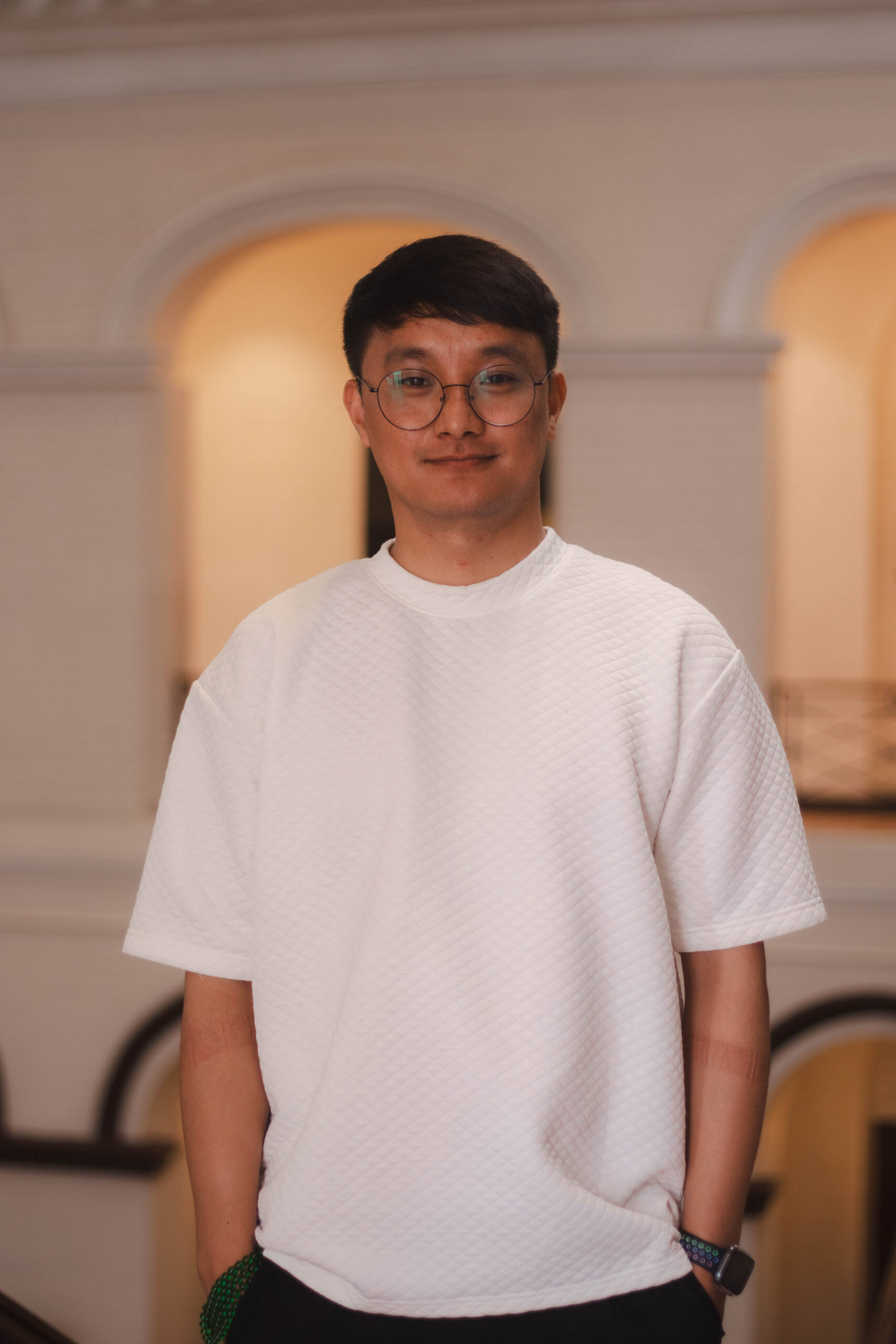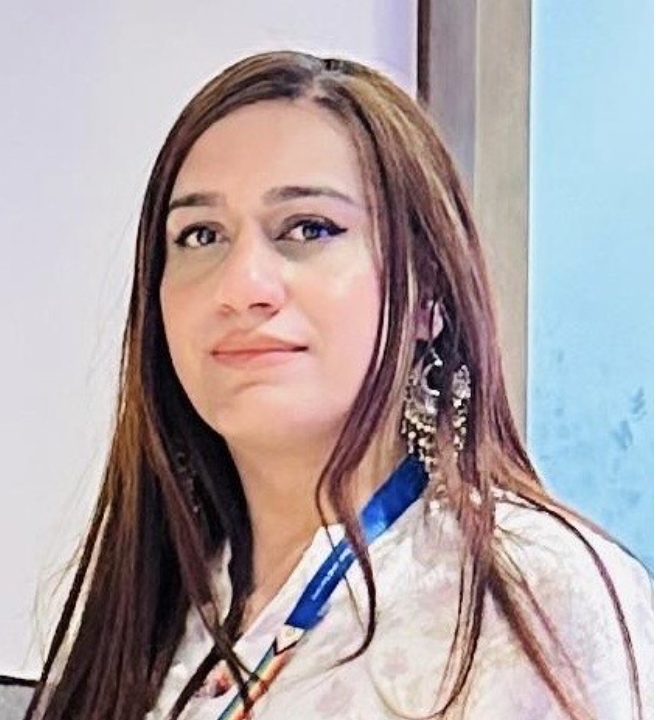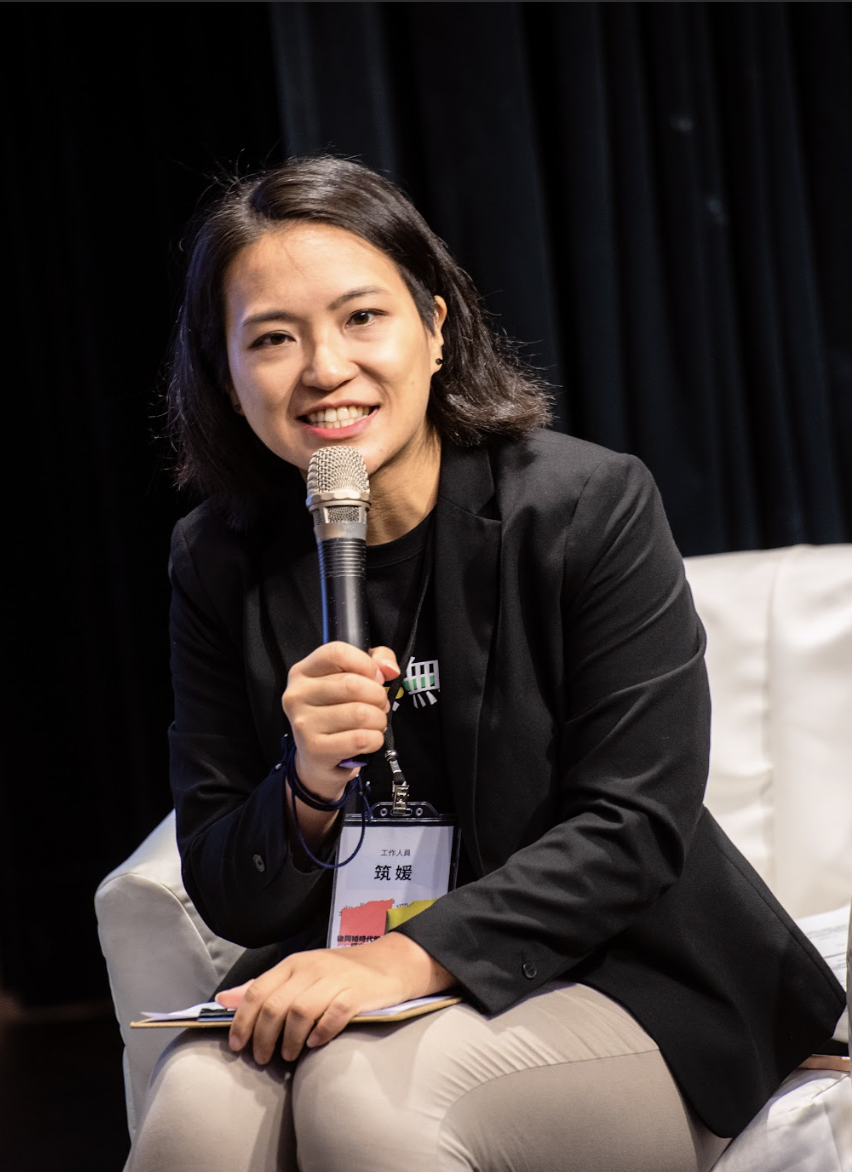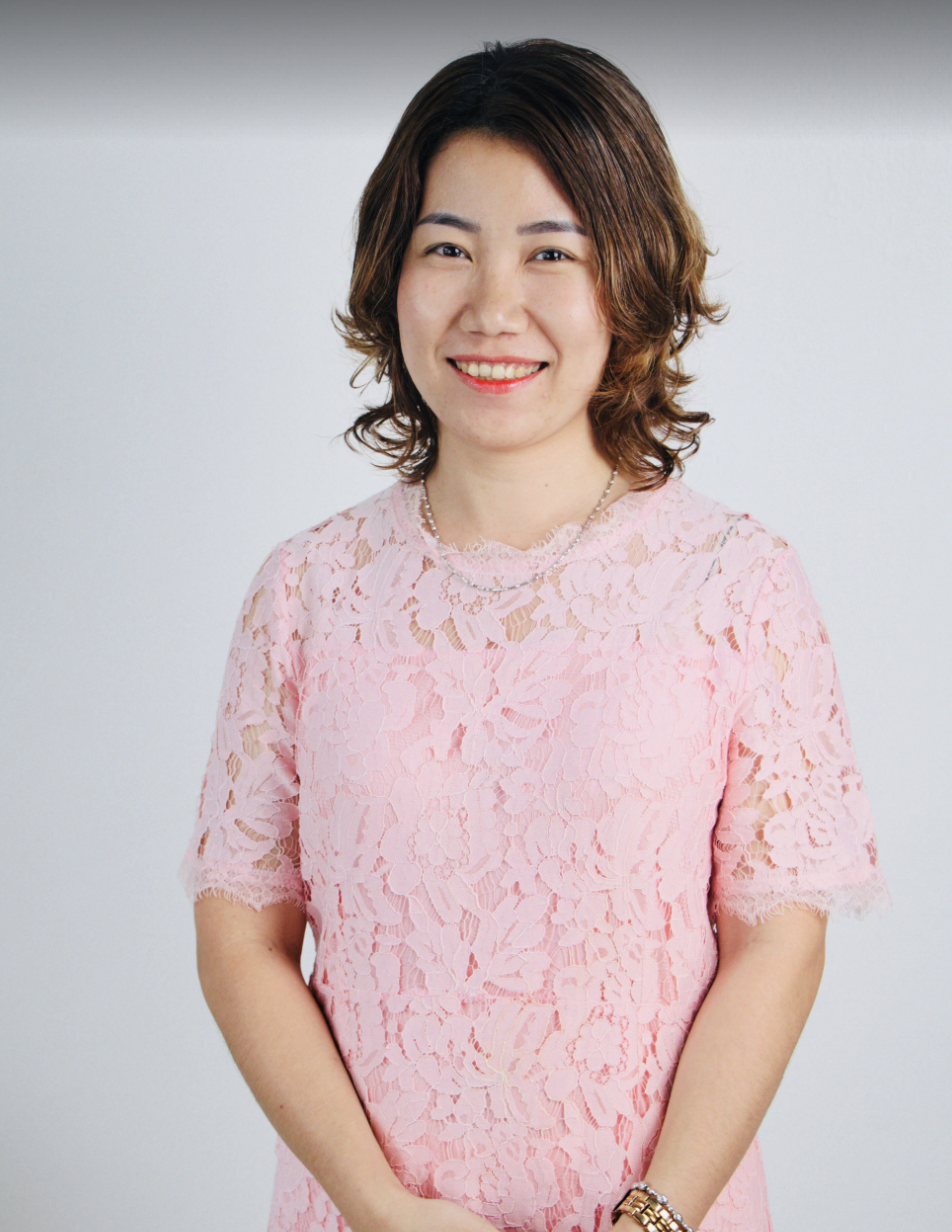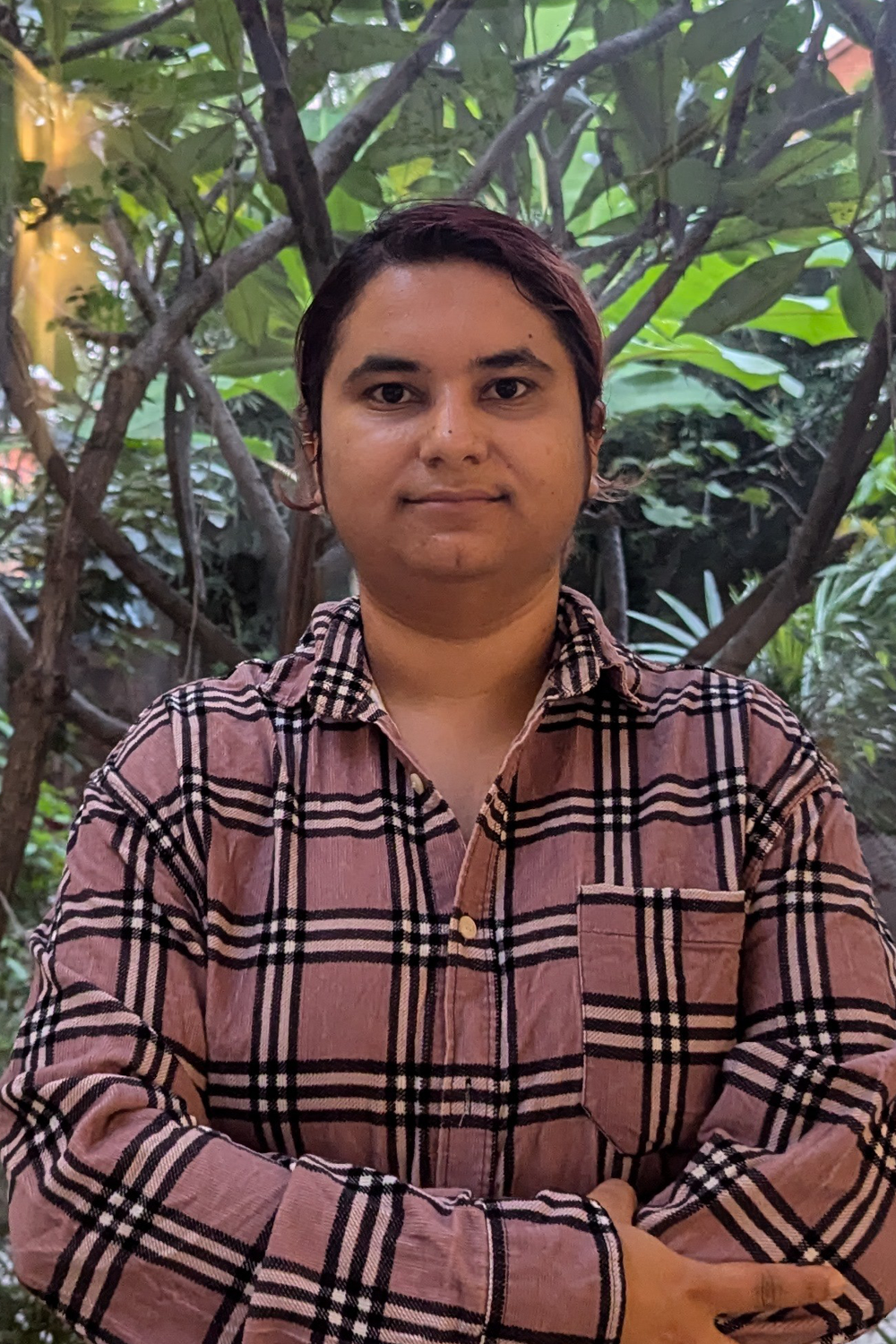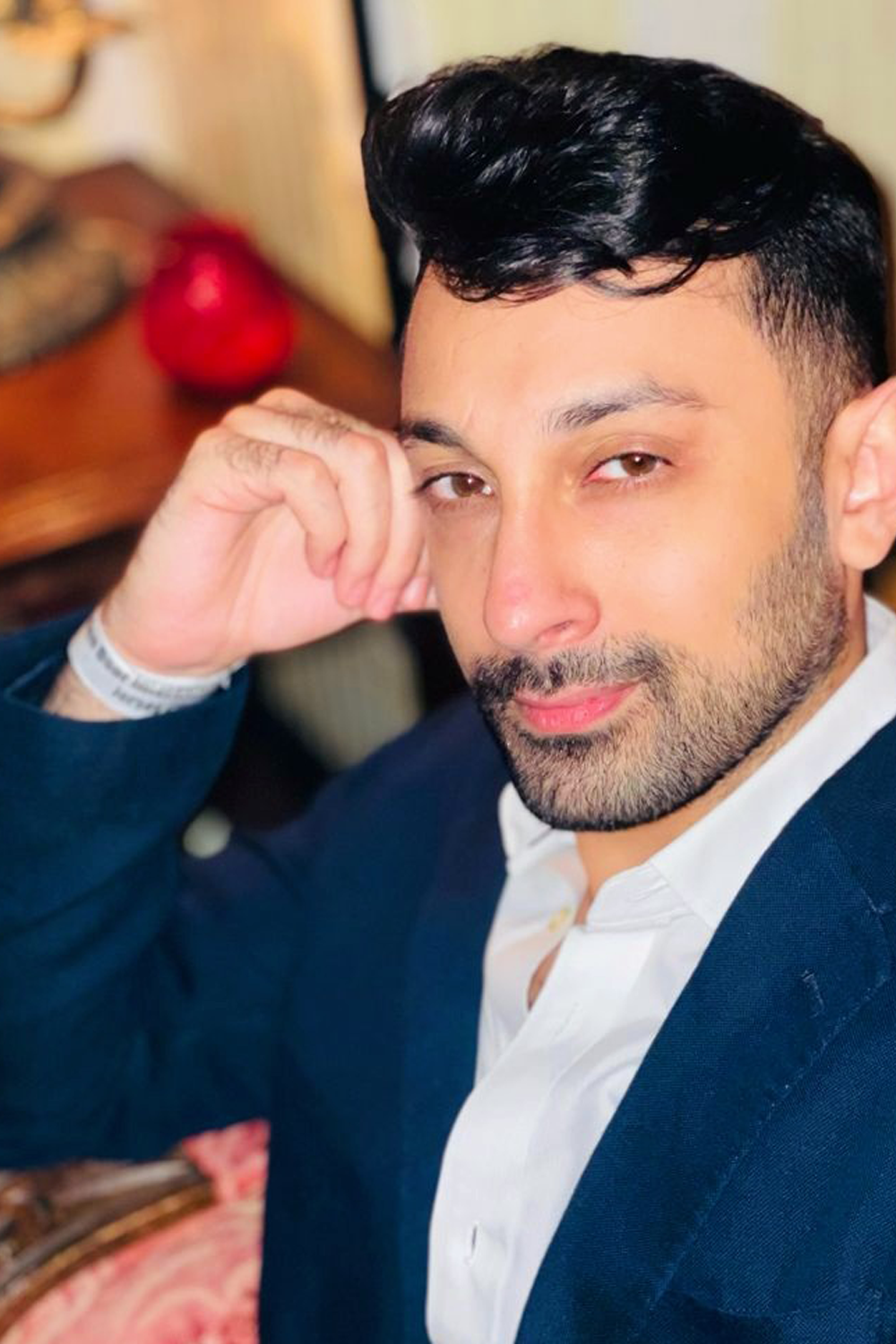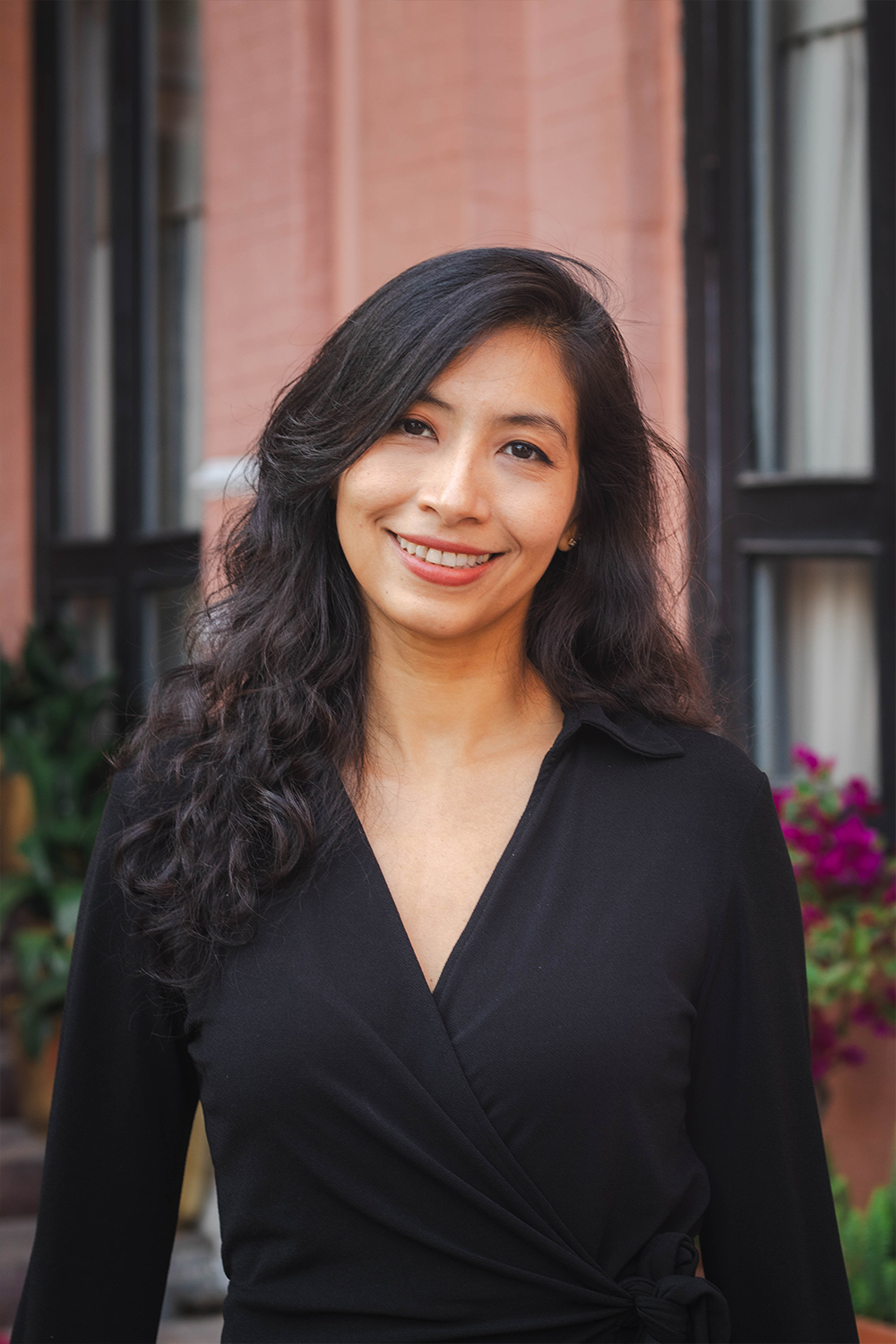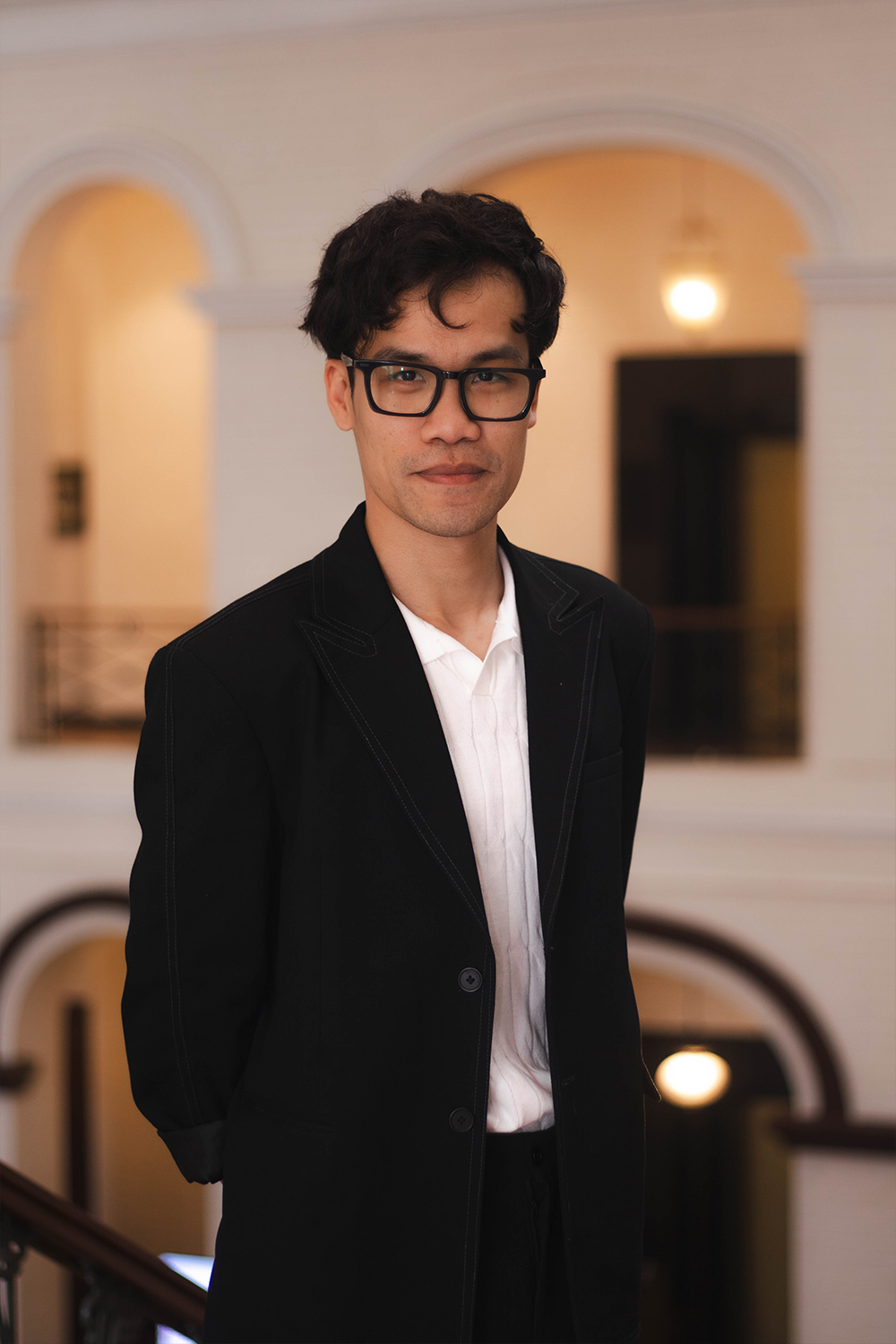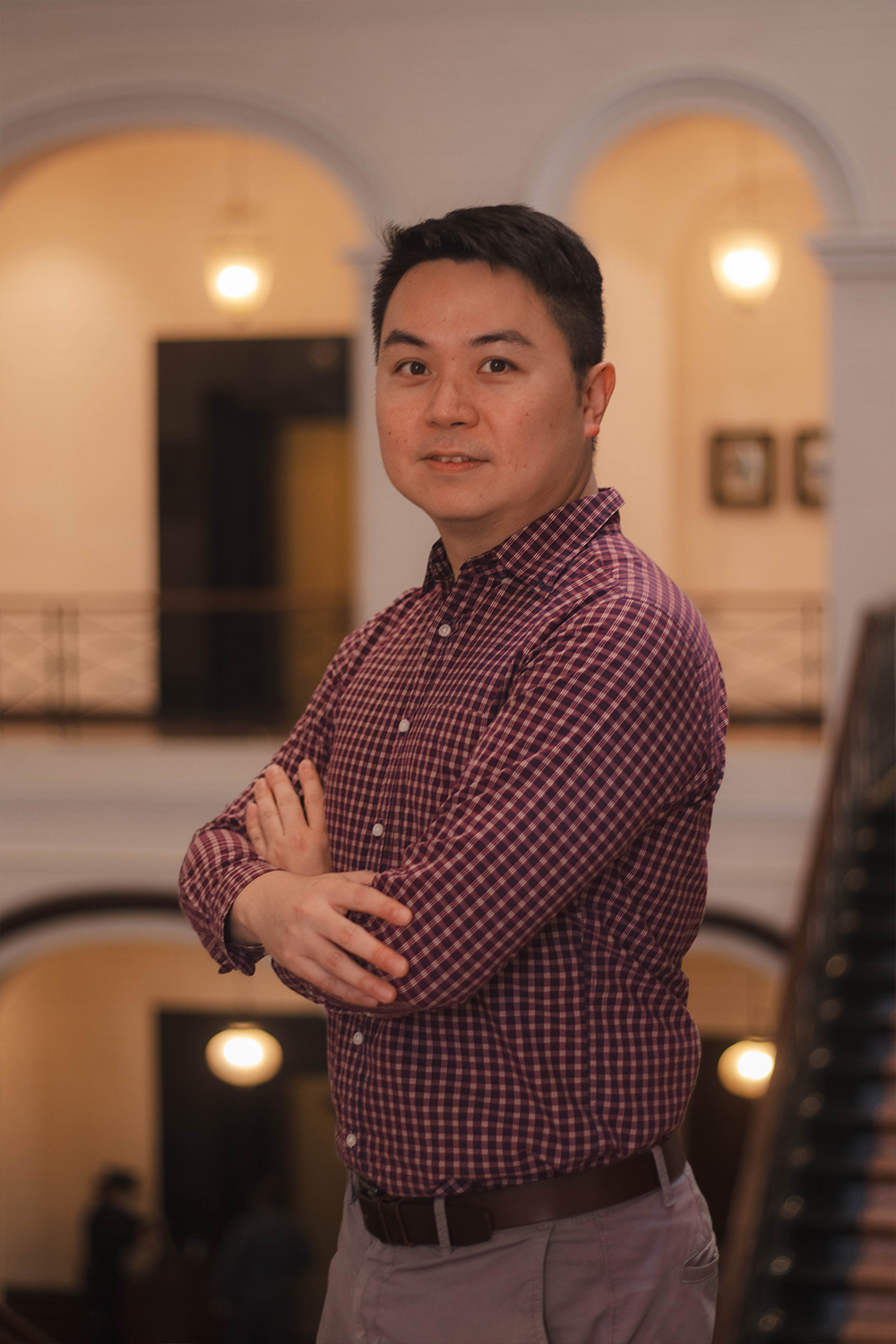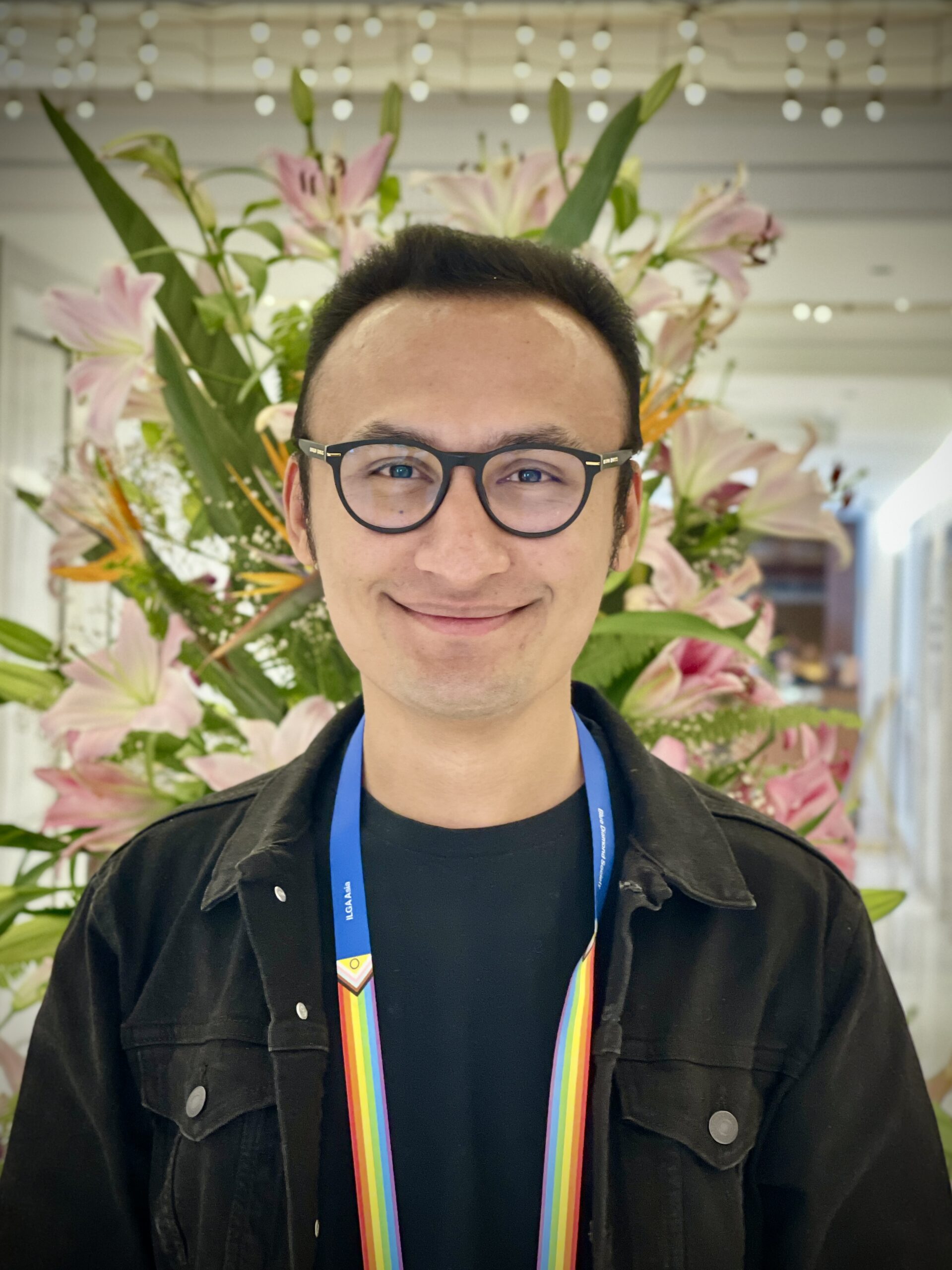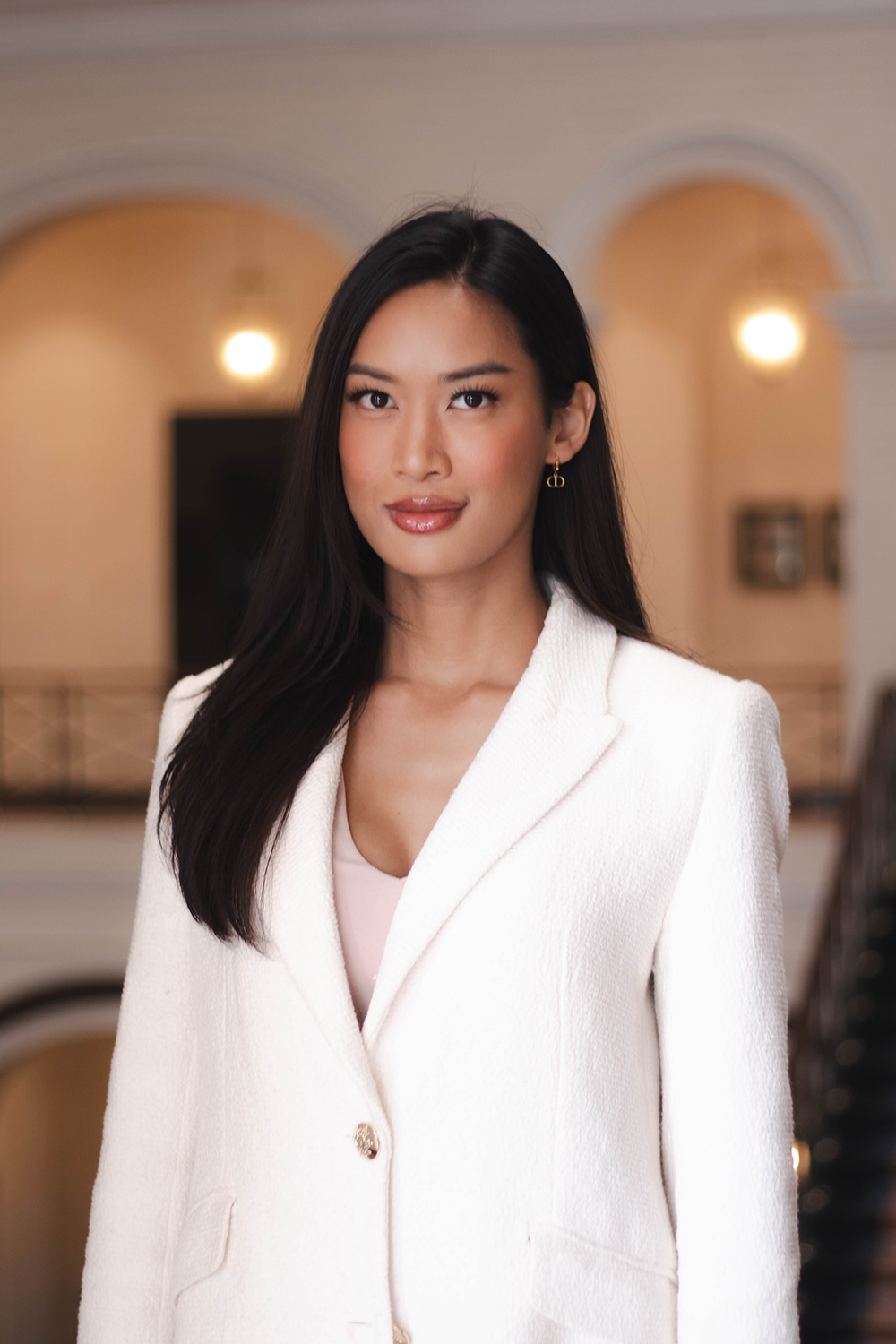ASEAN | “Dawn of Digital Dictatorship: Weaponising the Law Against Online Speech in Southeast Asia”
New Report on Rising Digital Dictatorship: How Laws Are Being Used to Silence Online Speech Across Southeast Asia
March 12, 2024
(Bangkok, Thailand) – On March 12, the World Day Against Cyber Censorship, the ASEAN Regional Coalition to #StopDigitalDictatorship is launching its flagship report, “Dawn of Digital Dictatorship: Weaponizing the Law Against Online Speech in Southeast Asia”, on the ominous rise of digital authoritarianism in the region.
In the past four years, the ASEAN region had a troubling escalation of digital authoritarianism. Governments exploited the COVID-19 pandemic and vague defamation and lèse-majesté laws to suppress freedom of speech and privacy; they used spyware, police powers and the complicity of big tech companies to monitor and attack human rights defenders, journalists and other civil society activists. In doing so, authorities have distorted the internet into a battleground for oppression.
The Coalition, comprising ALTSEAN-Burma, Cambodian Center for Human Rights, ELSAM, Foundation for Media Alternatives, ILGA Asia, Manushya Foundation, Project88, Rohingya Maìyafuìnor Collaborative Network, SAFEnet, and Women’s Peace Network vehemently oppose cyber censorship and surveillance and demand unfettered internet access for all, especially marginalised communities, to amplify their voices and defend their rights.
On April 29, 2023, in Vientiane (Laos), Anousa Luangsouphom, also known as “Jack,” a renowned youth democracy activist, was shot twice in a cafe in an assassination attempt. The attack came shortly after he publicly criticised China’s dominance over Laos on his Facebook page, ‘Power of the Keyboard’. “I survived the attempted murder, and that day changed my life forever. I will never give up my activism. We, Lao people, want democracy and freedom!” — “Jack” Anousa Luangsouphom.
Emilie Palamy Pradichit, Founder & Executive Director of Manushya Foundation, highlighted the oppressive environment against activists using social media as a powerful tool for freedom in the region: “Jack’s attempted murder starkly illustrates the depths of repression faced by Lao activists, both domestically and abroad. It is a chilling reminder of the lengths to which authorities will go to silence voices of dissent. Our report also documents cases of transnational repression against activists in exile in the region, for speaking their truth to power online. Despite the threats and violence, we remain steadfast in our conviction: Voices of dissent cannot be stifled by the gun barrel. Digital dictatorship has gone beyond borders.”
Meanwhile, Thailand‘s special lèse-majesté law under Section 112 of the Criminal Code, which imposes up to 15 years imprisonment, forbids any action that “defames, insults, or threatens the King, the Queen, the Heir-apparent, or the Regent”, has had a chilling effect on online freedom of expression.
Escalating government repression has contributed to alarming levels of online sexual harassment of women and LGBTIQA+ people in Thailand. Tanruthai “Pim” Thanrut, a lesbian human rights defender, pro-democracy activist, and dedicated indigenous rights activist from Mokeluang Rimnam, has become a victim of Online Gender-Based Violence. Pim endured taunts and received both threats and disturbing visual messages depicting both male and female genitalia. In response to this harrowing experience, Pim courageously declared, “I am one of those who have been subjected to Online Gender-Based Violence. I hope I’m the last. But in reality, there are still many Women Human Rights Defenders who are facing sexual harassment, traumatised by patriarchy. Let’s end sexual violence. The right to one’s body is a human right!”.
In Indonesia, SAFEnet’s documentation of 89 criminalisation cases between January and October 2023 under the ITE Law’s (Information and Electronic Transaction Law) defamation clause underscores the misuse of this law in silencing online free expression in Indonesia. Hafizh Nabiyyin, Head of the Freedom of Expression Division at SAFEnet, stated, “Rather than safeguarding freedom of expression, the latest amendment to the ITE Law and Criminal Code still contains vague provisions, such as defamation, fake news, and hate speech. These laws continue to be a nightmare for Indonesian human rights defenders, journalists, youth, and netizens. These draconian laws have the potential to claim more and more victims, continuously.”
In Indonesia’s repressive landscape, the spectre of serious human rights violations looms larger as President-elect Prabowo Subianto has been implicated in the abduction and murder of pro-democracy activists while his Vice-President elect Gibran, has been labelled a ‘nepotism baby’ as he is the son of President Joko Widodo.
In Cambodia, in September 2023, Cambodian critic Ny Nak and his wife were attacked by masked individuals armed with batons. He was subsequently arrested on defamation charges brought by a government minister concerning Facebook posts criticising the Ministry of Agriculture. Nak had previously served an 18-month prison sentence for publicly criticising the government over its COVID-19 restrictions.
In Myanmar, the military junta’s crackdown on the country’s already limited freedom of expression has been catastrophic. After starting a coup in February 2021, the junta attempted to further deny the country’s civilians their right to call for democracy and human rights. The junta has arbitrarily arrested and detained over 26,000 people, killed over 4,600, as well as committed torture, sexual violence, targeted and indiscriminate airstrikes, scorched-earth tactics, and other atrocities across the country that likely amount to crimes against humanity and war crimes.
Myanmar’s growing number of political prisoners includes thousands who have been sentenced without due process for their online activity (e.g., on Facebook) to express their support for the pro-democracy movement. Now, the junta is using forced conscription of young men and women to collectively punish the country’s people for their public opposition to its unlawful attempted coup. Those who have been forced to flee have largely faced backlash, with women human rights defenders in exile targeted with online doxxing campaigns and acts of gender-based violence.
Wai Wai Nu, Founder & Executive Director of Women’s Peace Network Myanmar, vividly illustrated the harrowing reality of digital dictatorship, impacting women human rights defenders: “In Burma, women human rights defenders in particular increasingly face vicious online harassment and doxxing campaigns, which often target their family members and loved ones — with the goal to harm them and silence our Spring Revolution. These campaigns further risk the safety and security of WHRDs, forcing them to flee their home and country. I remain in utmost awe of my fellow sisters, all of whom remain strong, resilient, and determined despite their life-threatening circumstances.”
Meanwhile, Henry Koh, Executive Director of ILGA Asia, stated the digital dictatorship in Malaysia, “In Malaysia, oppressive laws and censorship severely limit the free expression of women and gender diverse individuals, stifling their rights advocacy. Misuse of the Sedition Act and defamation laws to suppress dissent leads to unjust accusations and harsh penalties. It’s crucial for Malaysia to safeguard free speech and ensure an inclusive media environment that amplifies diverse voices.”
In Singapore, the presence of an extremely stringent criminal defamation law persists despite decades-long calls by the UN for its decriminalisation. Sections 499 and 500 of Singapore’s Penal Code criminalise defamation with up to two years imprisonment or a fine and in some cases, both.
In Vietnam in 2019, online users made up less than half of political arrests. By 2022, they accounted for over 80%. There is no legal threshold for applying relevant sanctions to criminalise online political speech in Vietnam. In some cases, a single social media post is enough to land someone behind bars. Activists with a long history of speaking out online often serve lengthy prison sentences in appalling prison conditions. Further, Kaylee Uland, Co-Director Project88 Vietnam reported deeply about the combined repressive tactics utilised by Vietnam authorities, “Vietnam employs a variety of administrative, economic, and criminal tactics—not just detention and arrests— to repress online political speech. The result of these combined tactics is a sophisticated, secretive government ecosystem that preempts, prohibits, and punishes free speech online.”
In the Philippines, many media outlets and activists have been targeted by cyber libel cases. Since its enactment in 2012, 3,770 cyber libel cases have been filed. In a study published in June 2023 analysing at least 50 Filipino journalists who face libel charges, the National Union of Journalists in the Philippines (NUJP) stated that 61% of the cases are filed by local politicians – thus reinforcing the idea that political actors often infringe upon freedom of expression. Lisa Garcia, Executive Director of the Foundation for Media Alternatives, stated the condition in the Philippines, “The Anti-Terror Bill disproportionately expands the State’s surveillance powers by providing longer periods of permissible surveillance and by creating new grounds therefore, while giving the government a wide berth when deciding who may be considered legitimate targets of this extreme form of privacy intrusion. At the same time, it deprives people who have been wrongfully detained [of] means of redress and reduces the powers of the Commission on Human Rights as an effective foil against potential abuses of the law. These proposals clearly violate the people’s constitutional right to communications privacy and do not adhere to international human rights standards.”
Furthermore, in the Philippines, LGBTIQA+ people face distinct forms of harassment. The scourge of misogynistic comments and gender-based violence disproportionately targets them. Referred to as Technology-facilitated Gender-Based Violence (TGBV), these acts are committed, aided, intensified, or amplified through information communication technologies or other digital tools. Dr. Jean Linis-Dinco, a cybersecurity consultant and human rights activist, said, “Tech has become a tool for political propagandists to create and exacerbate divisions within society to garner political votes. This manipulation is subtle, sophisticated, and deeply intertwined with the data-driven analytics that underpins modern digital platforms. Here we see how the use of algorithms and data analytics segment society into distinct groups based on their political beliefs, identities, demographics, interests, and even fears. This kind of division serves no one but the ruling class who enables the precise targeting of these groups with propaganda crafted to inflame existing societal grievances, magnify divisive issues, and propagate disinformation. Hyper-targeting, thanks to the Big Ad industry, has perpetuated the formation of digital echo chambers. These chambers have trapped us here alongside a loop of self-reinforcing ideologies that exacerbate class divisions and obscure the reality of our exploitation. The result is what you see now: a digital landscape where technology is not a liberating force but a tool for maintaining and deepening the divisions within the working class, ensuring their continued domination by the capitalist class. They do this because they fear our unity and consciousness.”
It is, therefore, clear that the region is facing digital dictatorship. The internet has been weaponised against those legitimately working for human rights and freedom while protecting those who seek to violate rights.
In light of these concerns, the ASEAN Regional Coalition to #StopDigitalDictatorship urges Southeast Asia stakeholders to adopt the recommendations outlined in our report and work collaboratively to uphold the principles of democracy, human rights, and freedom of expression through the key recommendations, as follows:
● Southeast Asia governments to decriminalise defamation and libel, enact a stand-alone anti-SLAPP law to ensure legal protections against SLAPP, repeal or substantially amend laws and regulations that unduly restrict freedom of expression. Furthermore, they should guarantee transparency and access to information, take immediate steps to safeguard marginalised communities (e.g. women, LGBTIQA+, people marginalised based on race) from defined online and technology-facilitated online gender-based violence (OGBV) and facilitate the participation and engagement of a diverse range of people of marginalised communities in government.
● Members of parliament across Southeast Asia to propose amendments to the Criminal and Penal Codes and other laws to address all shortcomings in line with international human rights standards. They should actively hold the government accountable, and adopt specific laws and measures to prohibit new emerging forms of Online Gender Based Violence (OGBV). Additionally, develop specialised mechanisms with trained and skilled personnel to confront and eliminate online violence, and organise and take responsibility for task forces that will take proactive initiatives to safeguard marginalised communities (e.g. women, LGBTIQA+, people marginalised based on race) against specific forms of abuse, and overall gender-based violence.
● Tech companies to prioritise human rights over profit, resist government pressure to censor content, and adopt the Global Network Initiative Principles on Freedom of Expression and Privacy. They should commit themselves to eradicating forms of hate speech and gender-based violence being hosted or spread by their respective platforms, including by allocating resources to information and education campaigns aimed at preventing such abuses. Lastly, tech companies should enable people from marginalised groups (e.g. women, girls, LGBTIQA+ people, disabled people, ethnic, religious and racial minorities, as well as refugees) ) to participate and lead in the technology sector to guide the design, implementation, and use of safe and secure digital tools and platforms.
● Regional institutions, civil society organisations, and general members of civil society to continue their informative activities, advocacy, and cross-sector collaboration, support independent evaluations, and establish an independent multi-stakeholder body that monitors digital rights abuses. Furthermore, there is a need to create and participate in grassroots, community-led initiatives to safeguard LGBTIQA+, women, girls and other concerned minorities against specific forms of abuse, and overall gender-based violence. Wherever possible, to mobilise these initiatives to hold governments, MPs, and corporations accountable.
Let’s mount an unyielding resistance against digital despotism, ensuring the internet remains a bastion of freedom for all in Southeast Asia.
